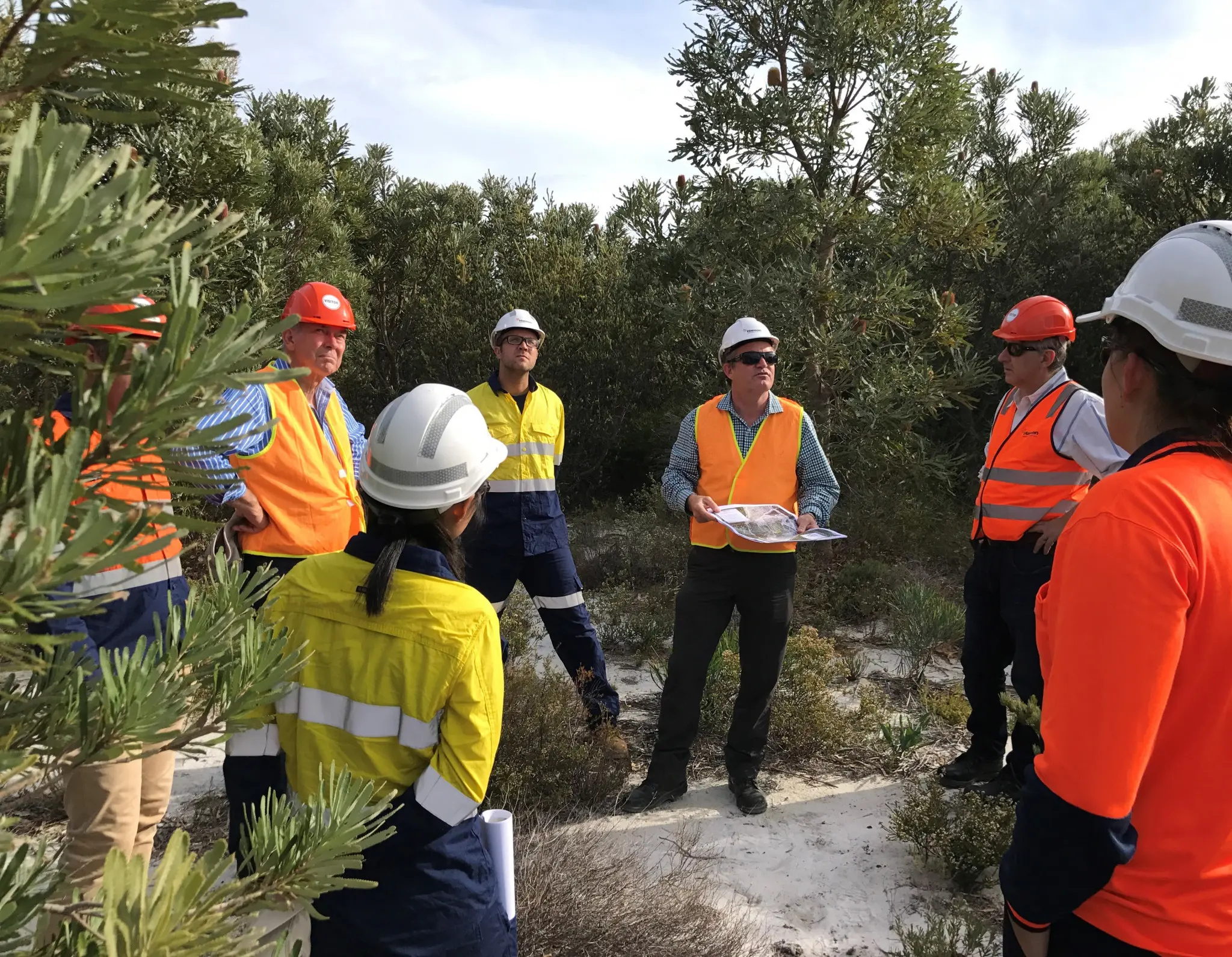Mass Open Online Course
Our early work found there was not easily accessible, broadly available and low cost foundational education on mine closure and transitions. This is why we funded The University of Queensland and Curtin University to develop a world-first Mass Open Online Course. It will provide high quality, tailored and engaging education – helping to build baseline understanding and working knowledge.
Registrations have closed for ‘Foundations of Mine Closure and Sustainable Transitions’. Stay tuned for the next opening.
PhD scholarships
We are contributing to providing executive talent by developing future leaders in developing post-mine futures.
Scholarships of up to 4 years duration are now available to eligible Higher Degree Research (HDR) students who participate in CRC TiME Research Programs. This includes PhD, professional doctorates and MPhil or equivalents. Generally, top up scholarships will be offered to individuals enrolled or about to enrol in a partner university. Full scholarships may be available where additional funding or support can be obtained.
Scholarship recipients
Read about our current HDR Top-Up Scholarship recipients, including students at Murdoch University, the University of Queensland, the University of Western Australia, Flinders University, and others with significant industry experience.
First Nations VET pathway
Current training options for Aboriginal and Torres Strait Islander people about mine closure and post-mine transitions are limited, impacting the ability of people and communities to be active and equal partners in processes.
Led through Curtin’s ARC Centre for Healing Country, this is a multi-phase project. The first step, Stage 1 and 2 involves work to:
- understand what enables Aboriginal communities to participate, lead and benefit from mine closure and post-mine transitions through a series of workshops
- undertake a needs assessment of what skills are required, projected demand, gaps and opportunities and potential delivery options.
The next stages are expected to involve developing delivery and learning resources and submitting a proposal for accreditation of a nationally-recognised qualification or suite of units in mine closure (Certificate II, III, IV and possibly a Diploma).
Strategic education and training review
Education and training pathways to mine closure and post-mine transition careers are unclear, limited and disparate.
To clarify pathways available and identify those needed, this project will:
- identify the education and training needs and current options available to priority cohorts (mining and METS industries, regional and First Nations communities and governments)
- assess emerging skills required in the field, considering future trends
- identify pathways that could enable these cohorts to build the knowledge, skills and capabilities required
- define (in broad terms) the content, platforms and accreditation processes for these pathways
- identify partnerships that could help deliver these pathways over the long-term
- consult with government departments (especially state and local about local options for priority cohorts.
The Australian Mining and Automotive Skills Alliance is leading this project, to be delivered by end of 2023. Project participants are the Minerals Council of Australia and Business Skills Viability.
A Steering Committee has been established to provide advice.
Mine Land Rehabilitation Authority Vocabulary Compendium
The Mine Land Rehabilitation Authority Vocabulary has been developed to provide a consistent, shared baseline of terms relevant to declared mine rehabilitation in Victoria. Language employed around mine rehabilitation and closure is evolving and varies from region to region. A shared vocabulary is a simple and effective way to facilitate better discussions, decision making and, ultimately, better outcomes.
This vocabulary aims to:
- Be a concise, curated reference of terms relevant to declared mines
- Remain a living document, updated as terms evolve and expand
- Serve as a reference for community, industry and government stakeholders
The vocabulary is maintained by Mine Land Rehabilitation Authority. The vocabulary is not an exhaustive list of technical mining and related terms. Neither is it a definitive list of declared mine or related terms, nor does it replace statutory definitions in any context.


